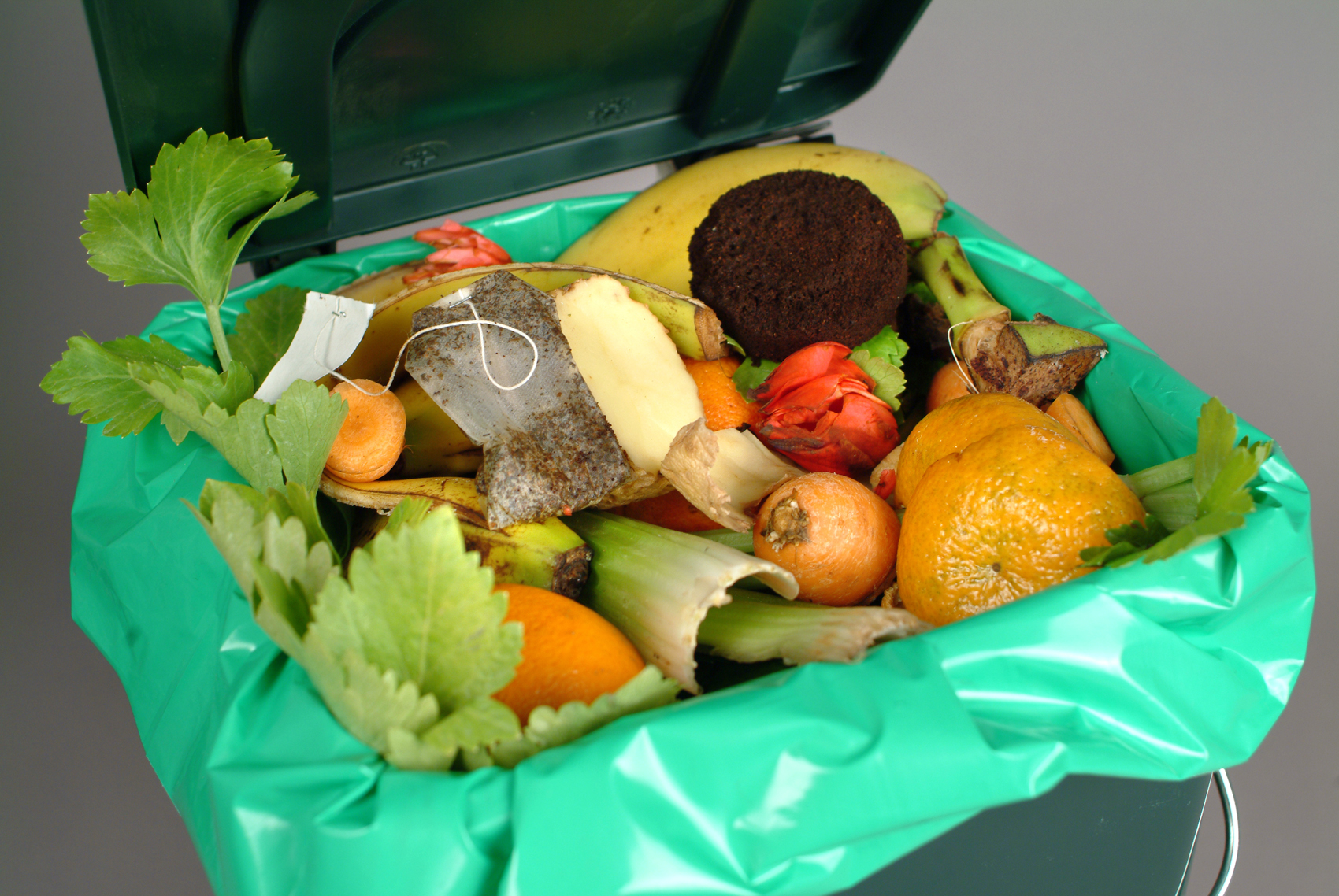

At least this is what the Intergovernmental Panel on Climate Change (IPCC) experts say in the Special Report on Climate Change and Land they presented in Geneva in August. The IPCC researchers describe the dramatic effects of climate change and paint a dismal picture of the future.
More than 100 scientists from all over the world worked on the 1,200-page report, which states that agriculture, animal production and deforestation are among the main causes of climate change. According to the report, an estimated 23% of man-made greenhouse gas emissions derive from agriculture, forestry and other land use (AFOLU). Among other things, the authors of the report call for a drastic reduction in meat consumption and a change in eating habits. Furthermore, they report that population growth and changes in food consumption have led to unprecedented water consumption and that usable soils are being lost due to overuse and water scarcity.
According to the experts, climate change is already impacting food security due to warming and extended periods of extreme weather. More droughts, heatwaves and extreme rainfall are occurring as a result of climate change. At the same time, 30% of all food produced is either lost even before it reaches the market or wasted. Consequently, the IPCC recommends a radical change in land use practices.
What is certain is that resources must be used more efficiently in agriculture. This is where feed additives come into play: they can actively reduce both feed spoilage due to mould toxins and moisture, and the use of medication. Thus, the right additives can help reduce the CO2 footprint and ensure good food quality, consequently contributing to food security and improved animal welfare. The agricultural industry may well be part of the problem, but it is also part of the solution. And feed additives can play a key role in this solution.